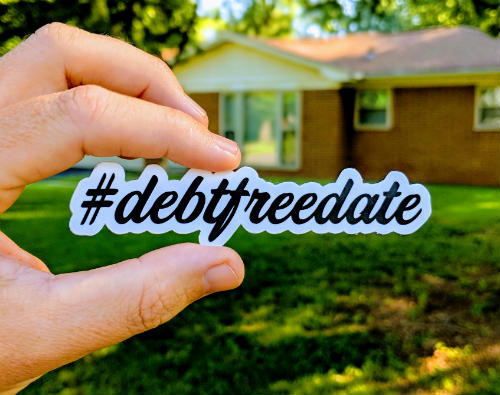Debt Consolidation
Struggling to manage your debt payments? Consolidating your debt can be a great way to simplify your finances and bring your month-to-month spending under control.
But there are many forms of debt consolidation and each method comes with certain risks. So before making a decision, here are all the things you need to consider.
Debt consolidation basics
To consolidate your debt is to bring multiple debts together into one, single payment.
The benefit of debt consolidation is usually some combination of the following:
- Fewer monthly payments to manage
- Lower total interest charges
- Smaller total monthly payment
- Lower total cost to repay all debts
In other words, debt consolidation should make your life easier and save you money. Of course, that’s not a guarantee.
Read more: Is Debt Consolidation Going to Help You?
Debt consolidation options
There are multiple ways to consolidate your debts. Here are what might be considered the six most common methods:
Unsecured consolidation loan
You can take out a unsecured loan from your financial institution of choice and use the funds to repay your outstanding debts. You'll then be repaying the loan each month instead of your old debts.
Read more: Pros and Cons of Consolidating Debt with an Unsecured Loan
Home equity loan
If you have equity in your home, you can take out a loan against that equity and use the funds to repay your debts.
Read more: Pros and Cons of Consolidating Debt with a Home Equity Loan
Mortgage refinance
By taking out an entirely new mortgage on your home, you can repay your old mortgage and other unsecured debts, leaving you with only the new mortgage.
Read more: Pros and Cons of Consolidating Debt with a Mortgage Refinance
Debt management plan
Working with a nonprofit credit counseling agency, you can sign up for a debt management plan. Here you'll make one payment each month to the agency, which will make creditor payments on your behalf. This is not a loan, but most creditors will offer reduced interest rates and other perks for repaying through a debt management plan.
Read more: Pros and Cons of Consolidating Debt with a Debt Management Plan
Balance transfer
If you qualify, you can open a new credit card and transfer your other unsecured debts to this card.
Read more: Pros and Cons of Consolidating Debt with a Balance Transfer
Debt settlement program
Debt settlement is consolidation only in the sense that you will only be making payments to the settlement program, rather than your creditors. Once the settlement agency has enough funds accrued, they will negotiate with your creditors for reduced payoffs.
Read more: Pros and Cons of Consolidating Debt with a Debt Settlement Program
Each method is considerably different from the others, so make sure you understand each option before making a decision.
Debt consolidation drawbacks
There’s a lot to like about the general idea of consolidating your debts. No what method you pursue, however, keep in mind that there are some key drawbacks you must consider:
- Some methods may require good to excellent credit
- Any time you take unsecured debt and add it to your mortgage, you raise the risk of falling behind on your mortgage payments
- You may only have one payment, but it’ll be a (relatively) big one, and one miss can damage your credit significantly
- Consolidation can help you repay your debt, but it won’t stop you from creating more debt
Before you take the plunge, make sure you understand the risks and how the features of your chosen debt consolidation method will mesh with your own financial habits.
Read more: The Dangers and Drawbacks of Debt Consolidation
Debt consolidation and your credit
Debt consolidation and credit are linked in a number of ways:
- Some consolidation options require strong credit scores
- Some consolidation options have no credit requirements at all
- All consolidation options will have some sort of impact on your credit (for better or for worse)
When weighing your options, be sure to consider your credit.
Learn more about credit and debt consolidation:
- Credit Impact of a Debt Consolidation Loan
- Credit Impact of a Debt Management Plan
- Credit Impact of a Debt Settlement Program
Next steps
Any lingering questions about debt consolidation? Check out the article linked below for more information. Hungry for more answers? Connect with one of MMI’s trained credit counselors. If you have questions about debt, credit, and personal expenses, they have the guidance and resources you need.














